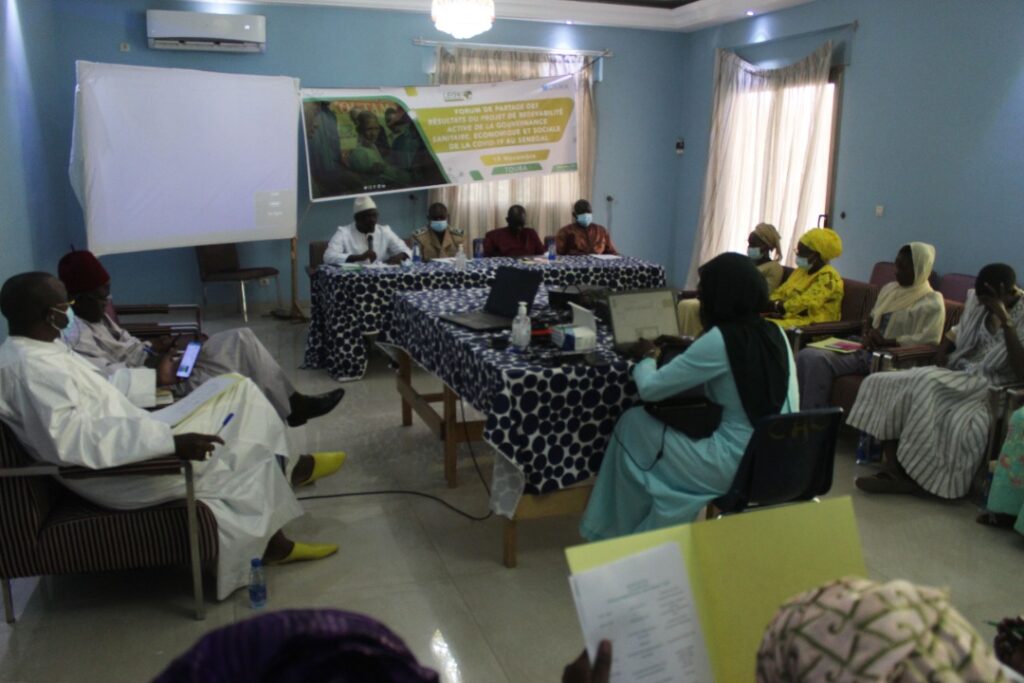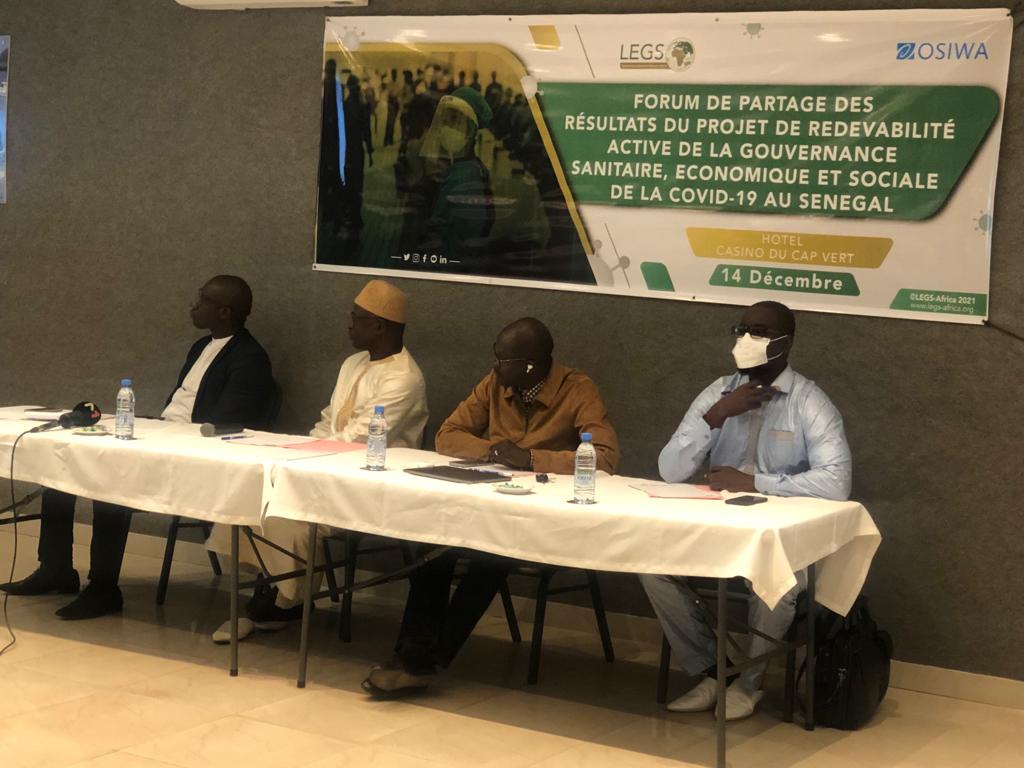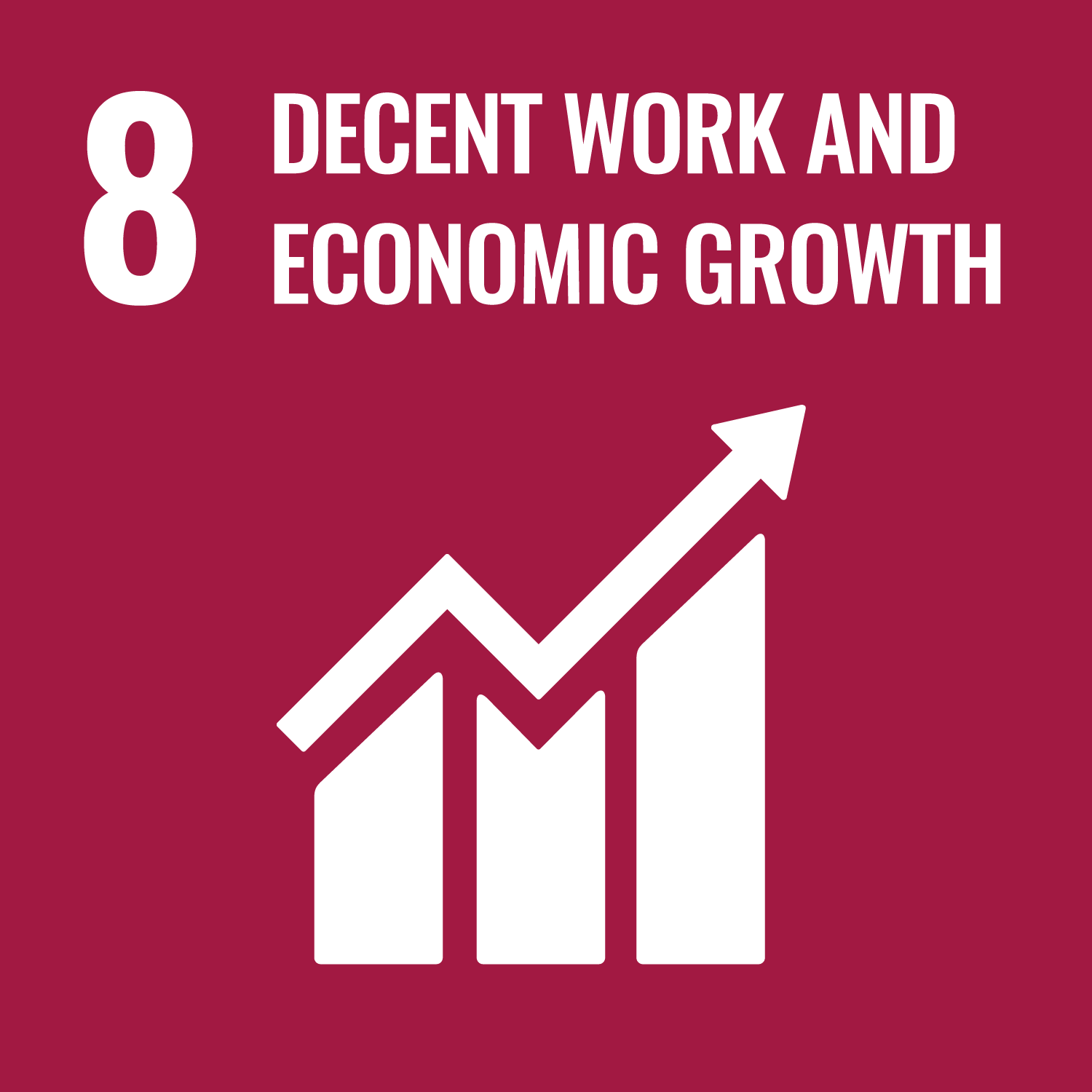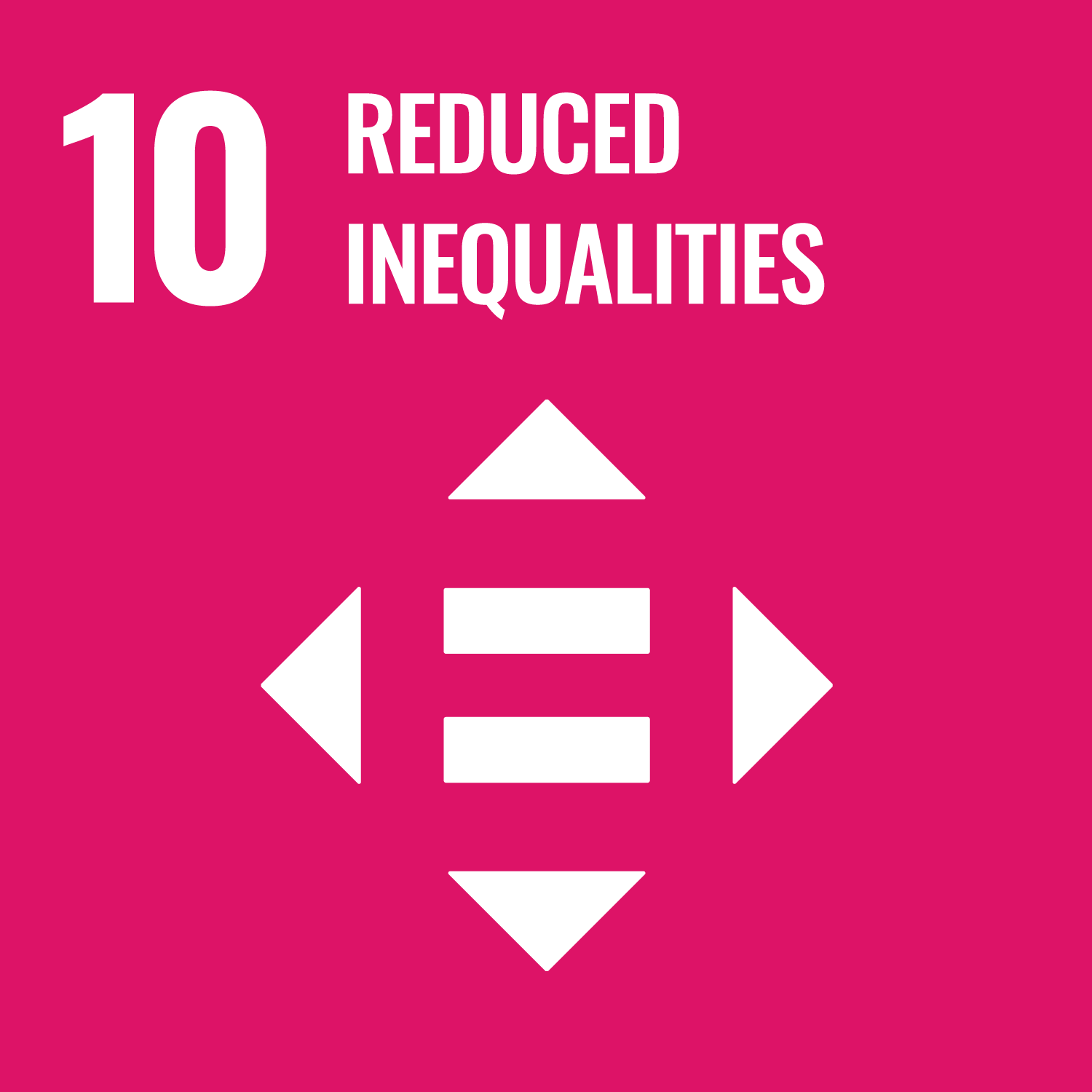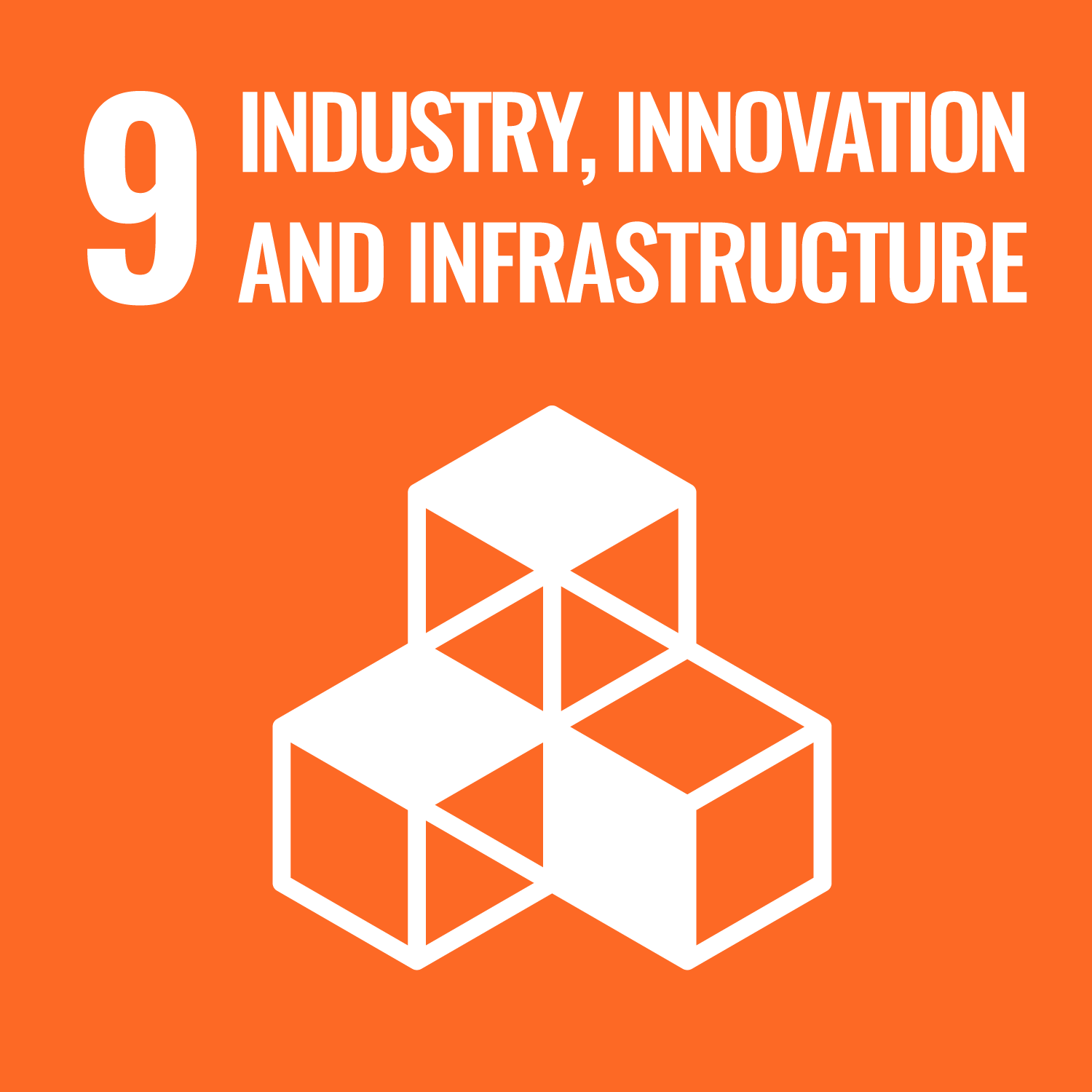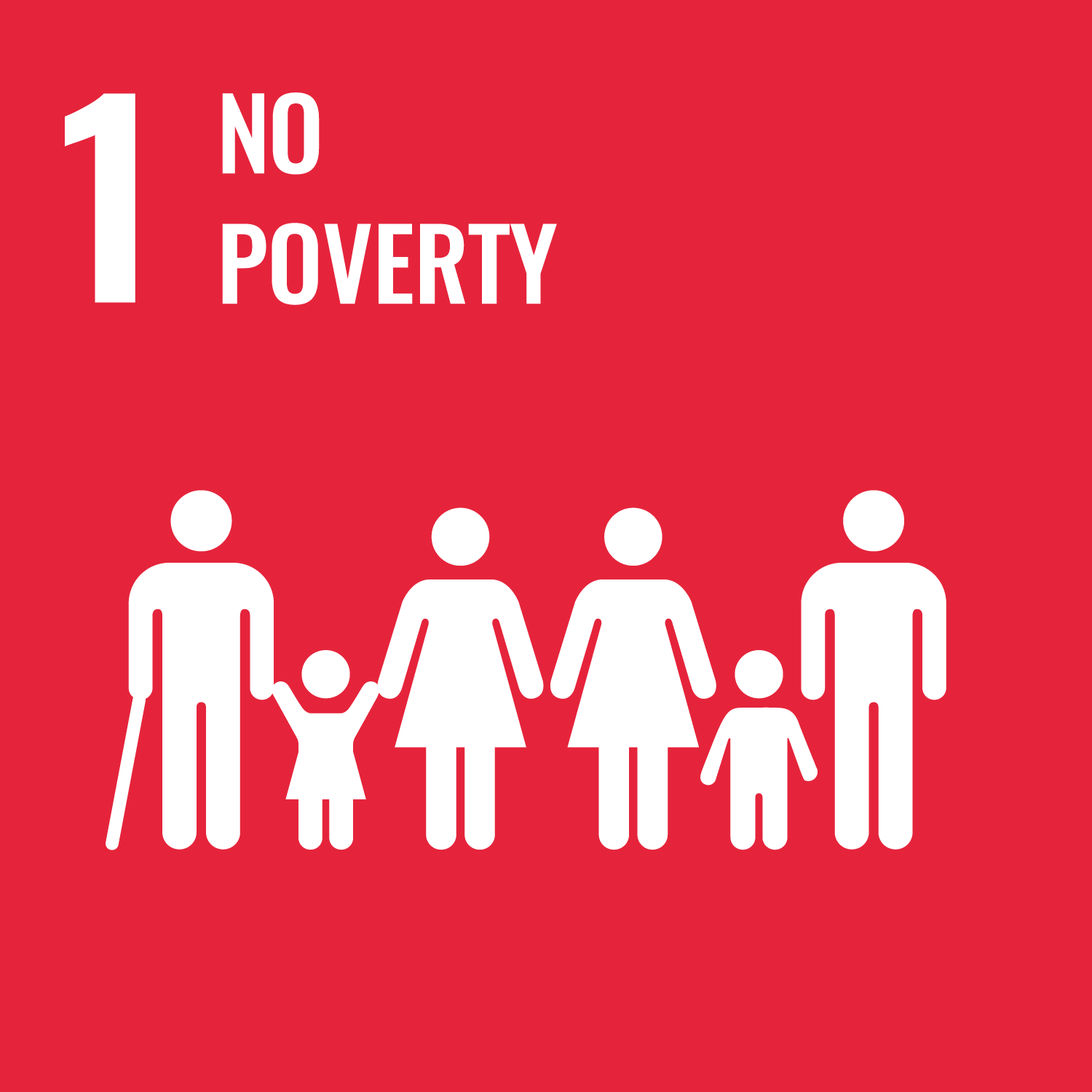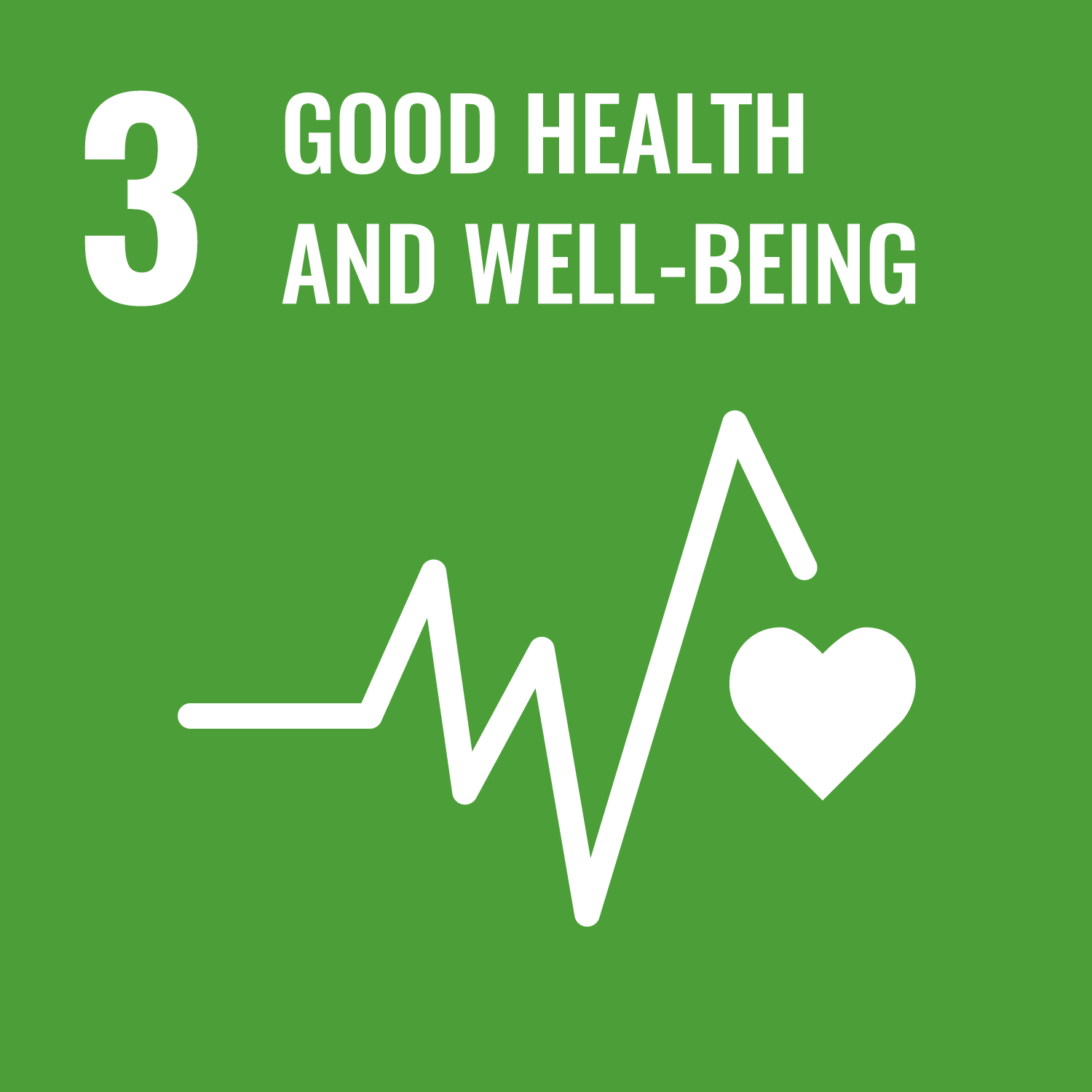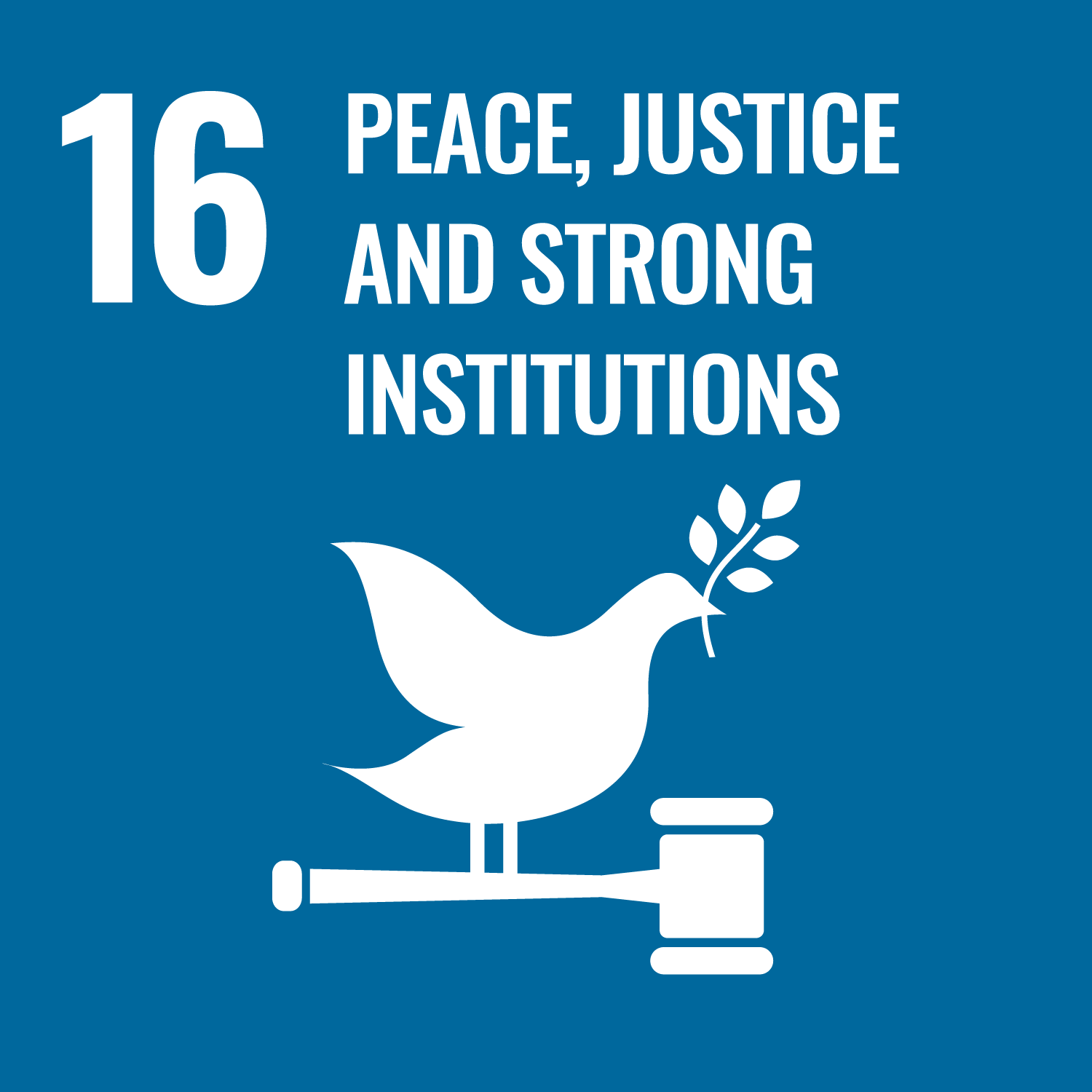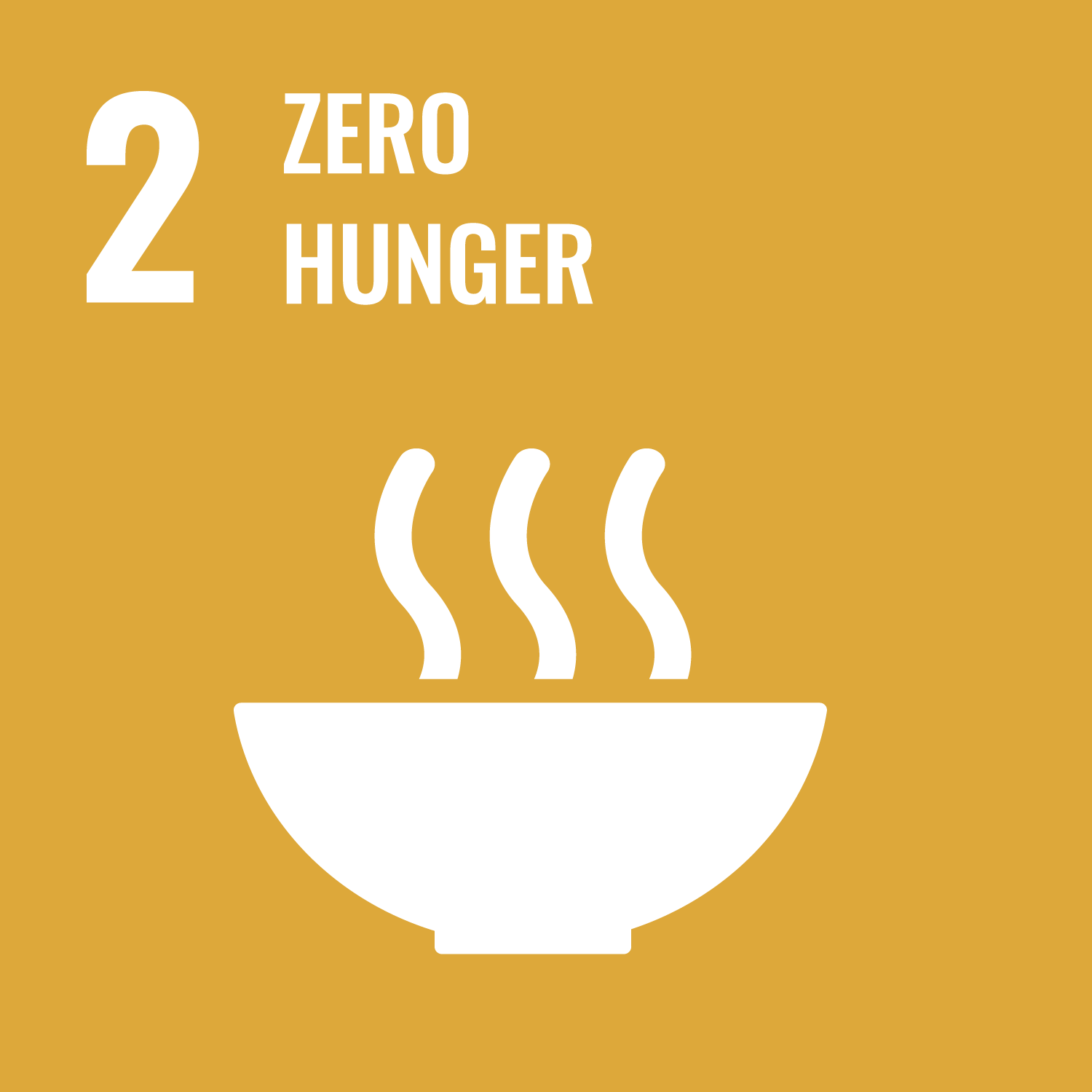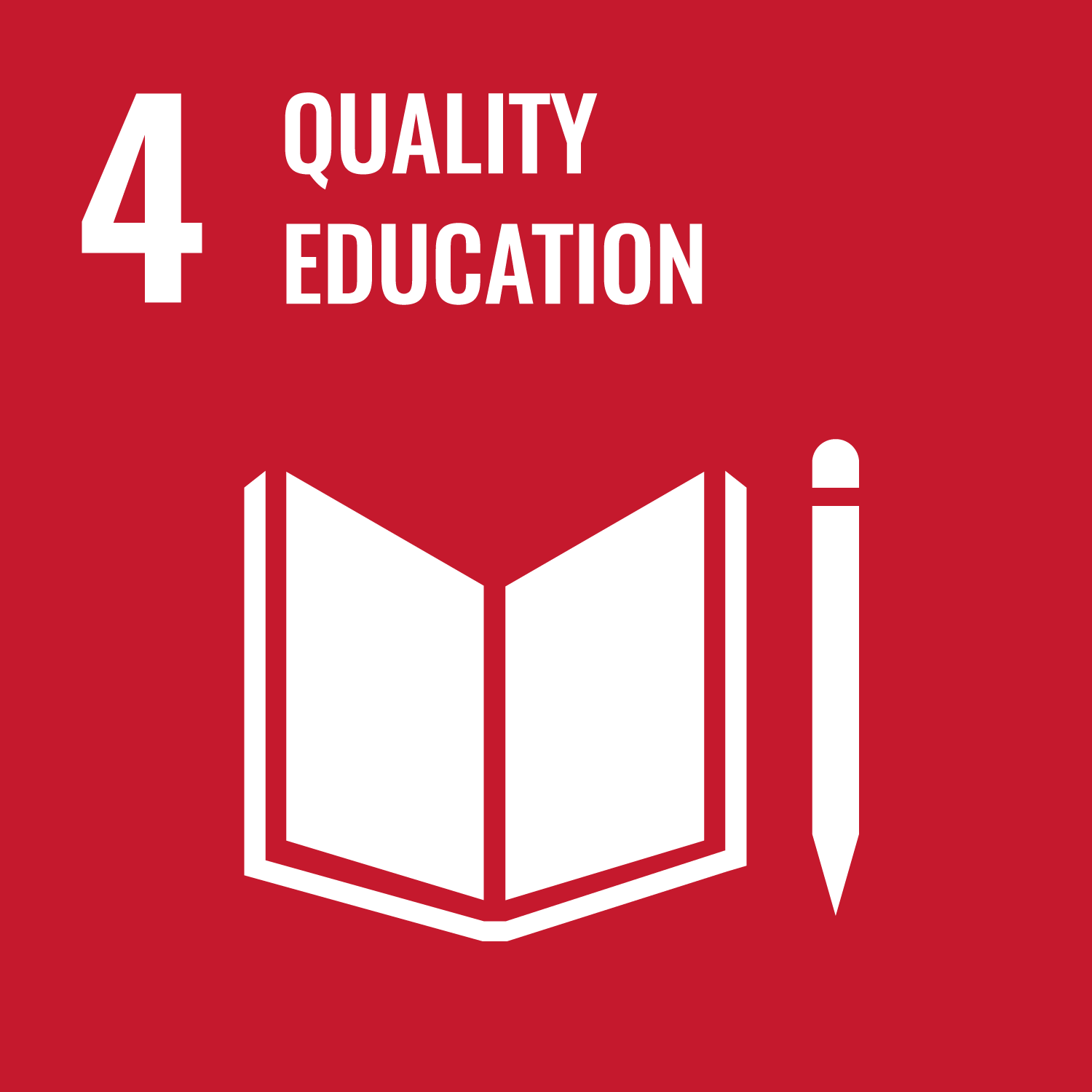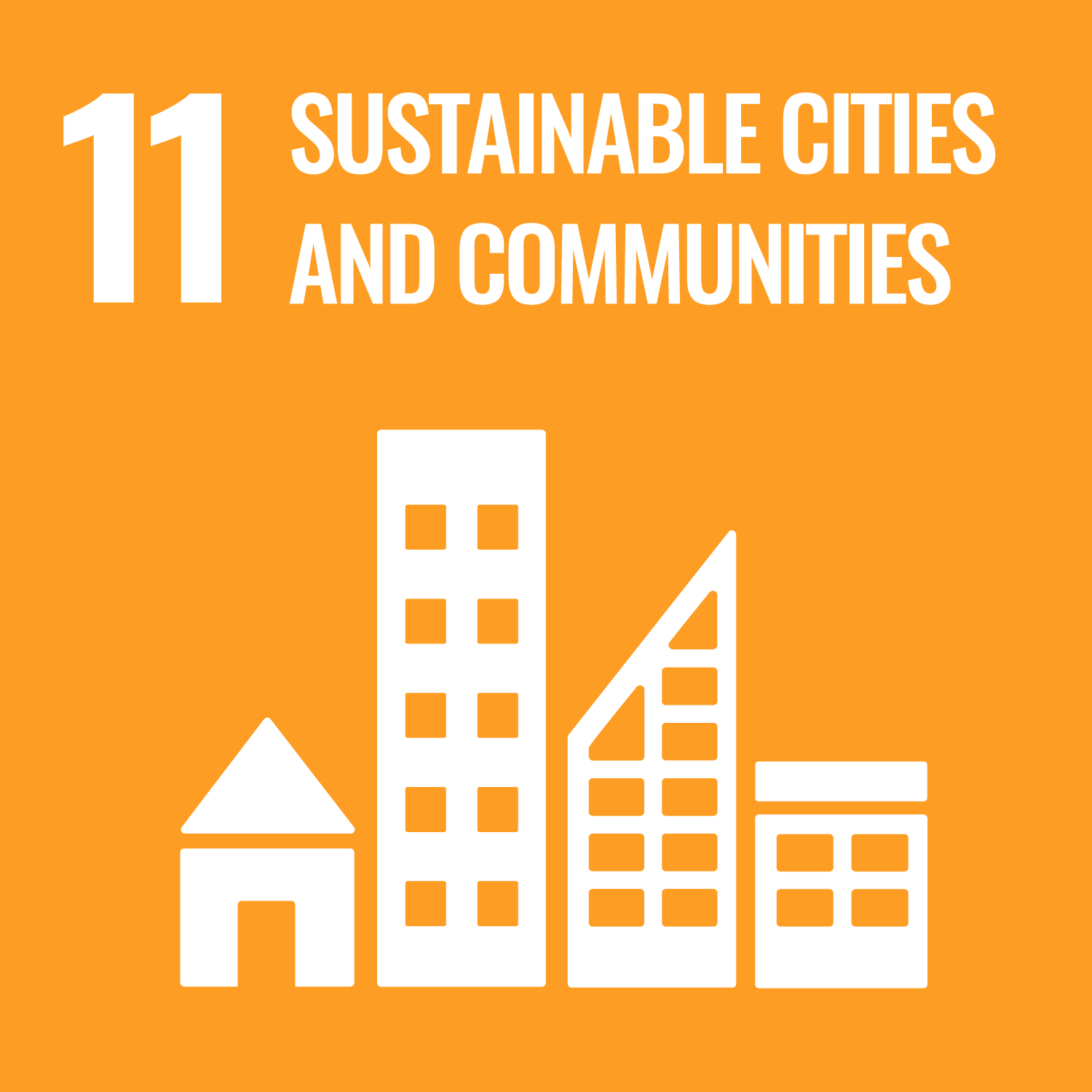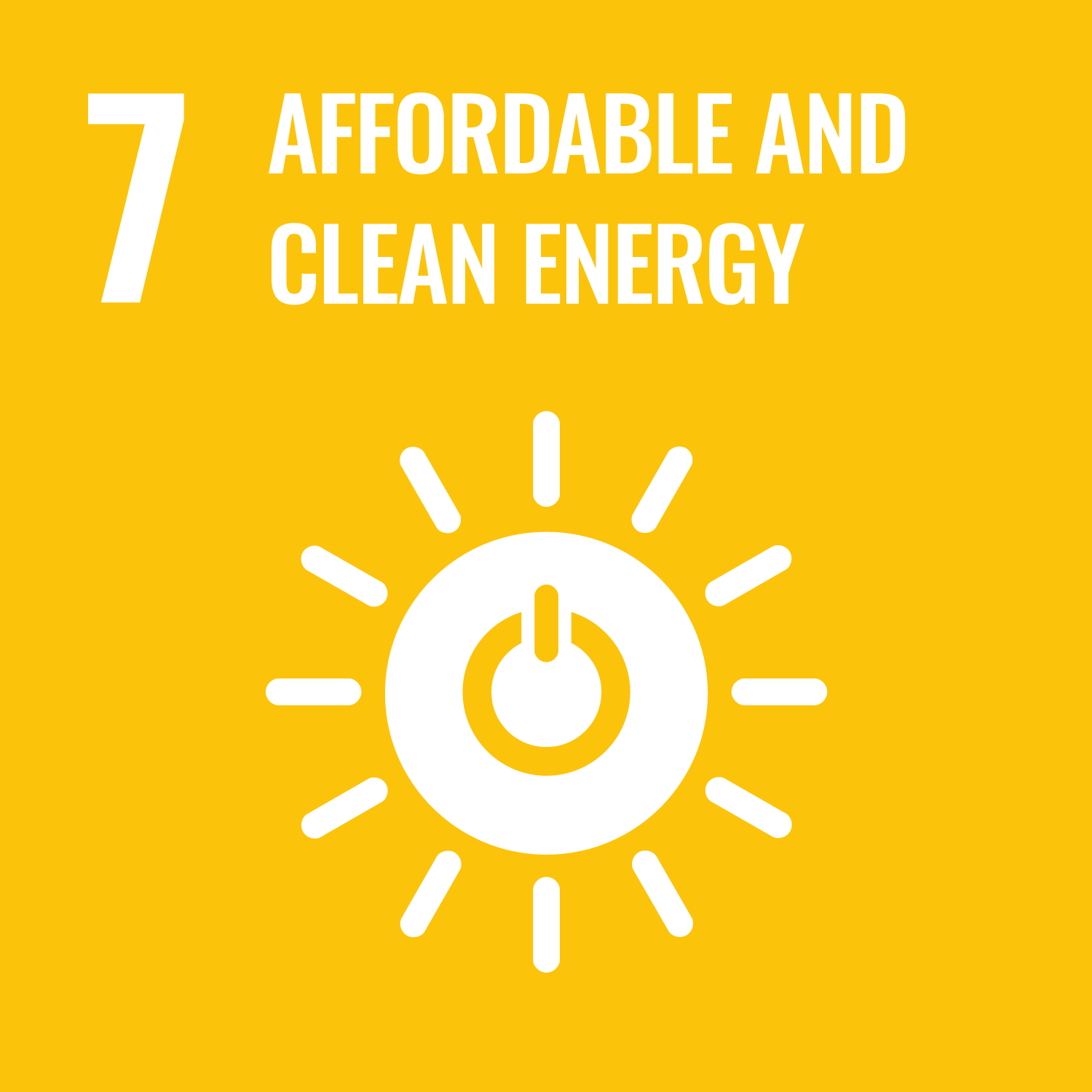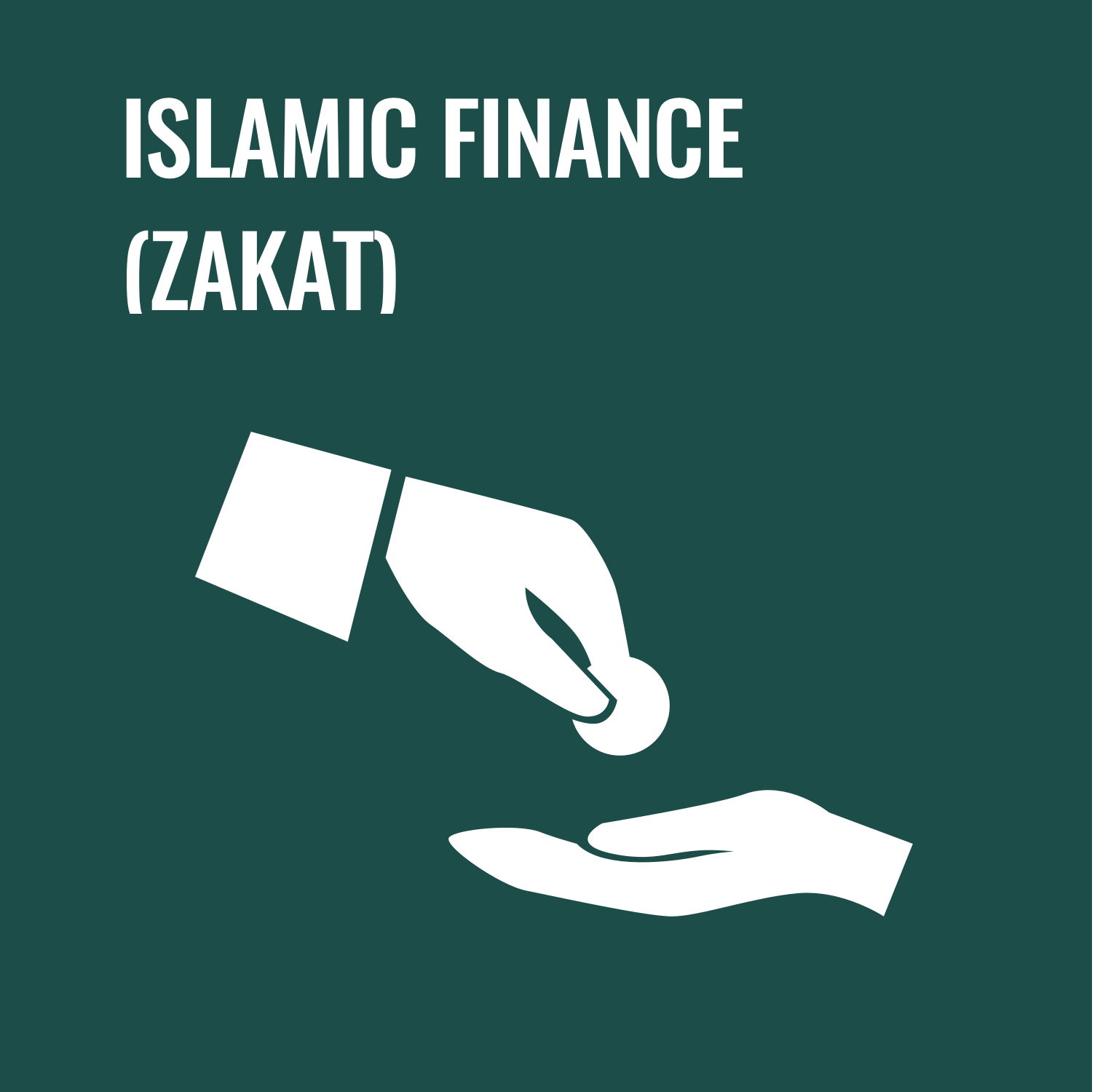 Organisation verified by Tadamon
Organisation verified by Tadamon
LEGS Africa
- CSO Profile
- Campaigns
- Projects
- Events
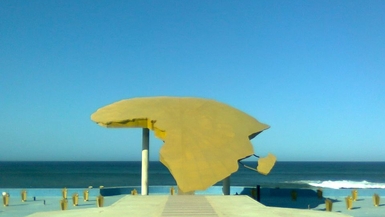
LEGS-Africa created in 2013, is a "think tank" bringing together the new generation of African elite to promote the citizenship of transformation in Africa.
Overview
Organisation type
Think tank, platform
Country of Registration
Annual Budget
100 000 - 1 000 000 USD
Scope
National
Field of Activities
Organisation Laguage
French
English
Contact
- responsible and sustainable governance of oil and gas in Senegal.
- illicit financial flows
- Active accountability of health, economic and social governance of COVID-19 in Senegal
- Active accountability in infrastructure governance and PPP
Since the beginning of the pandemic in Covid-19, Senegal has articulated the health response around the concept of "ONE HEALTH" by developing a contingency plan inspired by the National Health Security Plan. Thus, the State of Senegal put in place a series of public health measures to prevent and control the epidemic, and at the same time, reduce the negative effects of these measures. The consequences that followed the first measures and the resistance behaviors observed in the populations require a deeper understanding of the context and a better orientation of the response. This must also be done while respecting the principles of transparency and accountability of public action, even in an emergency situation.
The pandemic response evaluation study is part of the Covid-19 pandemic health, economic and social governance accountability project in Senegal implemented by LEGS-Africa with technical and financial support from OSIWA.
The study mobilized a multidisciplinary team of researchers specialized in health law, epidemiology, economics and socio-anthropology. With the help of a statistician and some 40 investigators, the team was able to produce an evaluation report and a perception report in six months of sequenced work involving documentary research, analysis of the main official decisions, and field data collection on a sample of more than 1,200 people surveyed in three different localities (Touba, Guédiawaye, Dakar).
The various analyses revealed the following findings
Limited and non-transparent data management to better appreciate the epidemiological evolution;
-Ineffective liberticidal decisions that reinforce the power of the President of the Republic;
-Drastic measures against the realities of a mostly immediate and informal economy.
At the end of this research, the results are shared and discussed with all stakeholders around forums in Dakar and Touba.